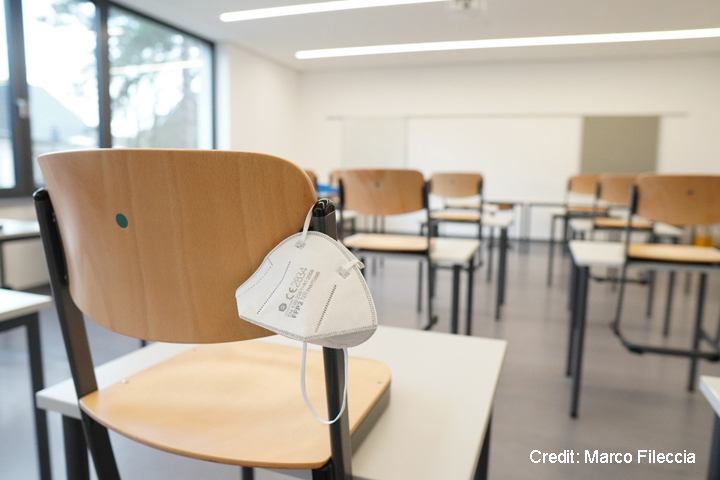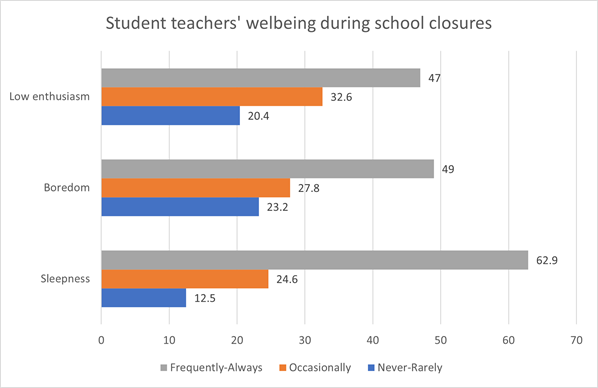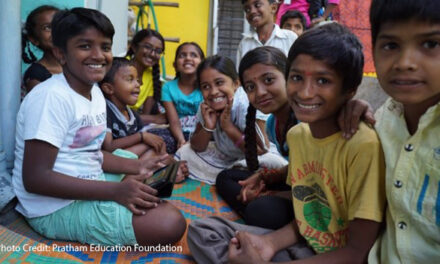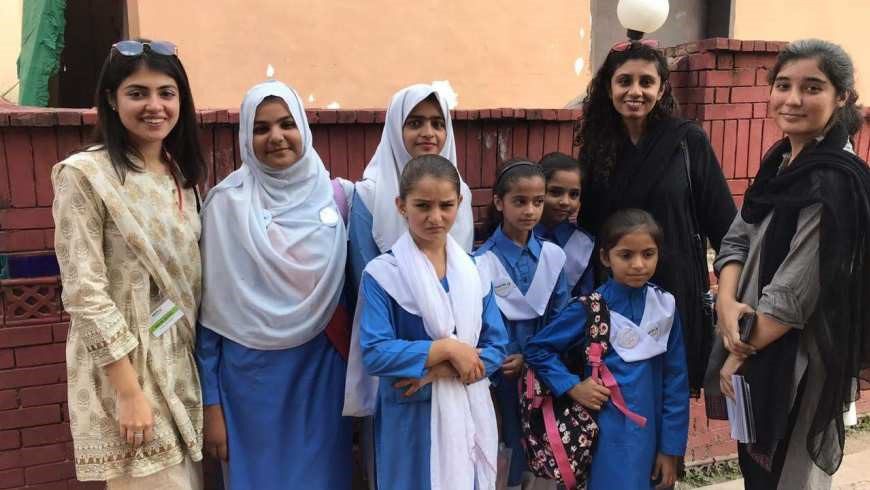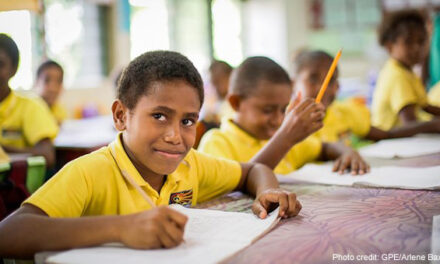This blog was written by Dr Israel Moreno Salto, lecturer of Education Sciences at the Autonomous University of Baja California, and Dr Artemio Arturo Cortez Ochoa is a Research Associate at the REAL Centre, University of Cambridge, and Honorary Fellow at the CIRE, University of Bristol.
The COVID-19 pandemic has severely disrupted school education worldwide. Seemingly, compulsory education levels such as pre-primary to upper secondary have taken the hardest blow. However, what is happening with teacher education and student teachers? After all, they are the next generation of educators, and their development might equally impact prospects on children’s and young people’s well-being and learning. To approach this knowledge gap, we conducted mixed-methods research with teacher training college students in North Mexico between July and August 2020, i.e., during the first lockdown in the country. We collected responses from 353 students via an online survey and zoom interviews with five educational authorities. Findings revealed that distance education modes might be affecting students’ well-being as expressed in high proportions of perceived sleepiness, boredom, and low enthusiasm to do school work (see Figure 1). Qualitative data suggested that staff at teacher training colleges were also emotionally drained, making it challenging to engage with the students’ learning.
|
Figure 1. Students’ well-being during school closures. |
|
Evidence also revealed that although access to the internet and an electronic device amongst the student teachers was substantial (95% and 88%, respectively), this availability did not match the tutors’ skills to deliver education via online means. For instance, one teacher college head expressed, “(…) in our institution, about 10% of teachers knew about online platforms; we have colleagues who do not even know how to turn on a PC” (Headteacher Teacher Training College 1). Still, teacher colleges seem to have addressed the lack of in-person lectures with a robust system of follow up with their students, using official and unofficial channels, such as email, online social networks and text messages. Communication seemed to have played a positive role in making students adapt to new schooling forms. Eight in every ten student teachers in the sample stated to have developed most of the expected competencies during school closures. Regression analyses indicated that while teachers’ feedback was associated with students’ perceptions of academic achievement, affects on well-being correlated negatively.
Therefore, we can conclude that while addressing school education disruptions, initial teacher education (students and tutors) also deserves focused research. This study suggested teacher training college’s staff might require training on distance education modes, including online. The positive views from students regarding their progress during the lockdown might be mediated by institutional engagement with areas different from learning, which are worth exploring further. Other areas for future investigation include the quality of electronic devices student teachers had access to, and whether acquiring them represented a financial burden. Decision makers could tackle this aspect, should this affect students’ and tutors’ capacity to keep learning while away from school and practice settings. We expect to learn more about this and other matters critical to teacher preparation in the COVID-19 era.
Finally, we sincerely thank the UKFIET organisers for granting us a bursary to participate in the conference.
—–
Dr Israel Moreno Salto received his PhD from the Faculty of Education at the University of Cambridge. His current research involves several topics and questions associated with critical education policy analysis of large-scale assessments and governance, teacher education policies in Mexico, and the economisation of art education discourses and policies. Dr Artemio Arturo Cortez Ochoa received a PhD in Education from the University of Bristol. His research interests in Comparative and International Education include topics such as teacher evaluation systems, initial teacher education, and continuing professional development.

